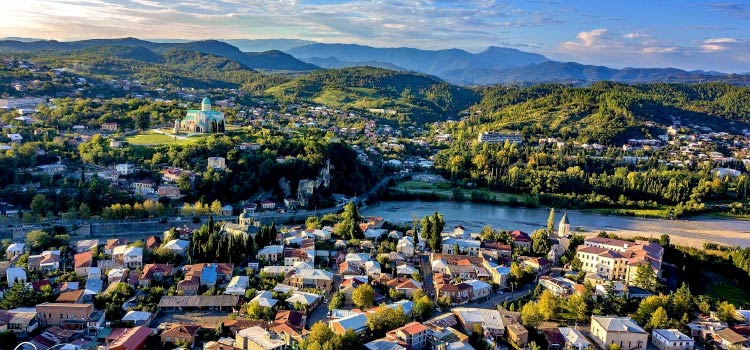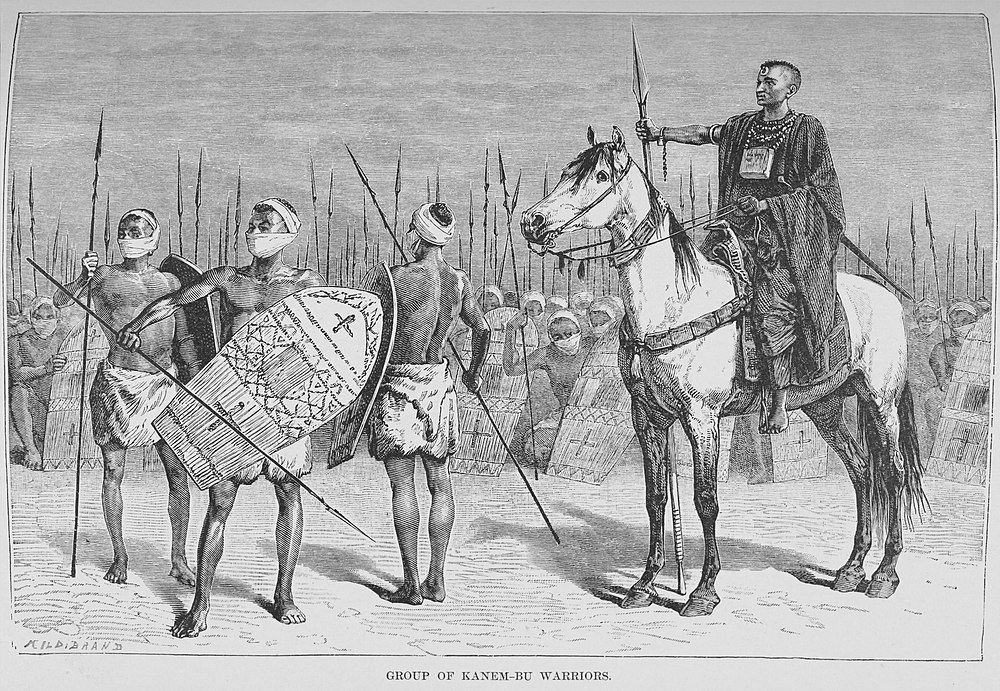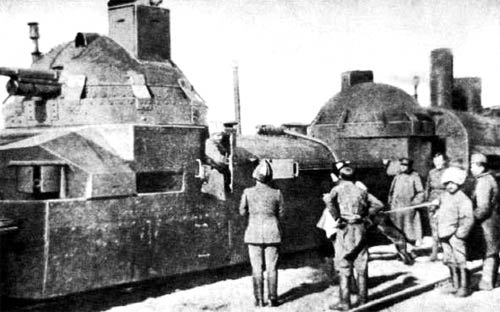[About a week prior to last entry in this series]
Sunday, August 13th, 1214 BC – “I think we can hide the Argo in these reeds here” Argus whispered to Jason, indicating a thick reed-bed to their right. Jason judged the distance to the faint orange glow of the city up the river to be about a half hour's walk on land. He nodded to Ancaeus, the steersman, and he turned the large steer-oar. The oarsmen continued silently with their methodical strokes. The oarblades made a rhythmic splishing in the water, the river gurgled past the hull, and then they were hissing through the thick reeds.
Deep amongst the reeds, they felt the keel slow against the resistance of the mud, and continued with a few more mighty strokes, with inadvertent grunts, until she was firmly in the hold of the muddy bottom.
“That's well.” stated Jason, quietly, and the weary men finally rested their oars after a long day of working their way up the river. At the bow the anchor stone was heaved over with a splash that felt terribly loud in the still night. There was a muffled clatter of the crew getting up from their benches and stretching, and then all eyes turned to Jason.
“We're here!” he announced quietly, brimming with pride. The crew grinned back at him. With a flourish he produced a golden goblet, and poured a honeyed-wine into it from a wine-skin.
“To the souls of dead heroes, may they grant us their grace, kindly aid, and favorable omen” He held up the goblet as if a toast, the men murmered their agreement, and then he tipped the libation into the river.
“We have reached the Colchian land,” Ancaeus addressed the crew and Jason, “and it is time to take counsel. Shall we entreat with Aeetes to give us the fleece willingly through some negotiation, or shall we attempt to take it by force?”
“My friends,” said Jason to the attentive crew, “this is our common task, and I welcome all your thoughts and counsels, but for my part I think in the morning I shall go to Aeetes' palace with the four sons of Phrixus and two others. I will meet him and see if he will be willing to give up the golden fleece for friendship’s sake or not. Then we will consider whether we shall meet him in battle, or some other plan shall avail us,” He paused to gauge his audience, and seeing that no one disagreed, he continued “But let us not assume the battle-cry before putting words to the test. First it is better to go to him and win his favour by speech. Oftentimes, I ween, speech accomplishes what prowess could not. Remember, he once welcomed noble Phrixus, a fugitive from our lands, out of reverence the ordinance of Zeus, god of strangers.” The crew nodded and mumbled their assent.
After a quick cold meal, the crew bedded down wrapped in their blankets in their customary spots among the benches. Around them a chorus of frogs provided a steady background noise. As Jason lay in his blankets looking at the stars above, a blueish shooting star arced across the sky.
Monday, August 14th, 1214 BC – Jason awoke just as the sky was beginning to lighten with dawn. A thick mist hung over the reedy marsh and every surface was damp with dew. Wrapping himself in his cloak against the morning cold he awakened his six chosen traveling companions, Phrixus' sons Argus, Phrontis, Melas and Cytisorus, as well as Telamon and Augeias, and they ate a quick cold breakfast of ship's biscuit.
They lowered a small goatskin boat into the water to paddle ashore in pairs since the water was waist deep around the Argo. Frogs still croaked sleepily, and some startled ducks startled Jason and Argus in turn just as they were fumbling their way to the muddy bank.
Once the seven of them had assembled on the shore, they pushed inland until they found a fishing trail and followed it in the up-river direction among willows and osier trees. The Phrixus brothers, who had grown up in this area soon began to recognize landmarks in the morning fog. They explained also that the Golden Fleece was actually kept on the other side of the river, where it hangs from a mighty oak tree in a sacred grove dedicated to the war god Ares, guarded by a giant serpent.
“What are those bundles hanging from that tree?” asked Telamon, pointing to some hanging bundles high up in a tall tree just barely visible in the mist.
“The Colchians consider it an abomination to burn dead men or to bury them,” explained Phrontis, “so they wrap them in untanned oxhides and hang them from tall trees far from the city.”
Augeias shuddered, and Jason felt the hairs on the back of his neck prickle. They hurried on.
Presently the mist burned off, revealing thatched farmhouses around them with woodsmoke curling above them as the locals no doubt made their breakfasts. Cows lowed among the fields and a few farmers could be seen already about their morning tasks. In front of them jutted the jagged peaks of the Caucasus mountains, glowing starkly golden in ruddy light of the low morning sun. The stone walls of the city of Aea sat atop the first small foothill, just beside the broad Phasis river.
They steered toward a dirt road leading from the farms to the city walls, and up the broad stone ramp into the open gates into the city. In the square just inside the city walls they marveled at a fountain that resembled four bronze bulls with clear fresh water continuously pouring from their mouths into a stone trough, and all around them garden vines and green foliage covered in blooms carpeted the walls.
The Phrixus brothers confidently led the group up the cobbled street to the inner-court in the center of the city. Several grand lofty buildings of multiple floors overlooked the central royal square, and well dressed servants and handmaidens hurried about their business. Suddenly there was a cry of happy surprise and an older woman dressed in royal garments came running towards the group.
“It's our mom!” Melas happily explained to Jason before joining his brothers in hugging their mother.
“She's the princess Chalciope I believe” Augeias reminded Telamon.
“I thought you had departed to Greece never to return! What fate has turned you back?” their mother cried. As they began to try to explain their return – having been shipwrecked and rescued by the Colchis-bound Argonauts, they noticed all the palace servants had stopped their work and were looking at the loftiest edifice. Descending the palace steps was an old man in magnificent robes, with a golden crown upon his head, accompanied by his equally elegant wife.
Jason noticed another royally dressed young woman in the palace doorway, with beautiful golden curls. They made eye contact for a moment before she shyly darted out of sight into the building.
“King Aeetes, your majesty, and Queen Eidyia,” Argus addressed himself to the king, “this is Jason, son of Aeson, of Iolcus, and his companions Augeias of Elis and Telamon of Aegina”
The king's craggy face looked suspicious but he nodded slightly and said “Welcome to Aea, You'll have to feast with us today and regale us with the tale.”
Jason was pleased to accept on behalf of his companions.
“You must be tired from your journey, I'll have some servants prepare a bath for you and clean your clothes, please make yourselves comfortable.”said the king, waving over a nearby servant .
“Sons of my daughter and of Phrixus, whom beyond all strangers I honoured in my halls,” Aeetes addressed the brothers few hours later, sitting at the royal banquet table, “why have you come returning back to Aea?” and without pausing for an answer he continued, “Did some calamity cut short your journey in the midst? Ye did not listen when I set before you the boundless length of the way. But what pleasure is there in words? Tell me plainly what has been your fortune, and who these companions of yours are.” He finally stopped to eat some grapes.
Argus, the oldest, answered carefully:
“King Aeetes, dear grandfather, our ship was torn asunder by stormy blasts and we, clinging to beams, were cast onto the beach of the isle of Enyalius in the murky night, preserved by some god.”
“Is that island not haunted by murderous birds?” asked the king
“These men had driven them off the day before, it seems” Argus answered “And they took us in and truly Zeus was smiling on us for it happened they were bound just here”
“And why were you bound here?” asked the King looking askance at Jason, “you don't look like merchants”
As Jason had just taken a bite of food and Argus hoped he could best manage his temperamental grandfather, he answered for him:
“A certain king, vehemently longing to drive this man far from his fatherland and possessions, sends him to voyage hither on a bootless venture; and asserts that the stock of Aeolus” --here naming a common ancestor of both Phrixus and Jason-- “will not escape the wrath of Zeus due for Phrixus until the fleece comes back to Hellas. But” he hurried to add as Aeetes' eye appeared to be popping out “as thou dost please, so shall it be, for he cometh not to use force, but is eager to pay thee a recompense for the gift. He has heard, for example, from me of thy bitter foes the Sarmatians, and perhaps if he will subdue them to thy sway...” At this point he trailed off, realizing that the kings face had become red and everyone was looking at him fearfully.
“Begone from my sight, felons!” he roared, pounding a fist on the table, “straightaway! You and your tricks! Banded together with your friends from Hellas, not for the fleece, but to seize my sceptre and royal power!” The brothers had turned white but dared not interrupt the outburst, which continued: “Had you not first tasted of my table, surely would I have cut out your tongues and hewn off both hands and sent you forth with your feet alone! And what lies have you have uttered at my table against the blessed gods!”
Telamon, was about to make a sharp rebuke but Jason, beside him, put his hand on his shoulder to quell him and answered calmly:
“Your majesty, I assure you it is only as suppliants we come to you, to beg this favor. Allow us to subdue the Sarmatians or some other people for you and we will proclaim your glorious fame throughout Hellas!”
The king seemed to calm down slightly, but despite Jason's flattering tone, the king glared at them and secretly brooded as to whether he should have them all put to death on the spot, or should make trial of their might. But it could bring a curse upon him to kill people he had treated as guests, so he concluded to give them an impossibly dangerous task.
“Stranger, if you are in truth of so great a lineage,” he began slowly, picking his words, “I will give you the fleece to bear away, if you wish, when you have proven yourself. For against brave men, I bear no grudge. And the trial of your courage and might shall be a contest which I myself can compass with my hands, deadly though it be. I have two bulls with feet of bronze pastured on the field of Ares, breathing forth flame from their jaws; I yoke them in the morning and drive over four paddocks of stubborn soil in a day. I seed the furrows with the teeth of a dragon, and they grow into armed men; whom I slay at once, cutting them down beneath my spear as they rise against me on all sides. If you can accomplish such deeds as these, on that very day shalt you carry off the fleece; ere that time comes I will not give it, expect it not. For indeed it is unseemly that a brave man should yield to a coward.”
Aeetes finished his challenge, quite pleased with himself, and cheerfully set about cutting himself another piece of meat with his bronze knife. Everyone around the table sat in silence.
“Well,” spoke Jason after a moment, “that sounds like a monstrous undertaking, but I was obliged to pursue the fleece at the command of a king, and I have no choice but to accept the challenge,” and thinking to impress the king's beautiful young daughter at the far end of the table, to whom he hadn't yet had a chance to speak, he added melodramatically “even if it means I will die trying.”
“Go forth now, since you are eager for the toil; you shall try the task in two days hence; but if you shouldst fear to lift the yoke upon the oxen or shrink from the deadly harvesting, I hope it will be a lesson to men to shudder to ask such things from those who are better than he.” and he waved his hand dismissively.
Jason, Telamon and Augeias were obliged to get up, even though they all still had food on their plates and in fact Augeias had been about to take another bite of steak when the sudden dismissal came, which he reluctantly put down. The Phrixus brothers also made to get up, but Argus motioned for his brothers to remain and only he accaompanied the other three Argonauts. They bowed briefly to Aeetes and made their way to the exit with as much dignity as such an abrupt dismissal would allow. Before leaving the room Jason cast a quick glance toward the golden haired daughter at the end of the table, and felt a bit embarrassed to accidentally make eye contact with her before looking away. The four Argonauts with quiet dignity made their way down the palace hall, descended the grand staircase and exited into the fresh afternoon air of the royal square. They didn't begin to talk about their indignation at Aeetes haughty and arrogant manner until they were safely out of the city, but this topic then occupied them all the rest of the way to the Argos in its reedy hideaway.
Editorial Notes The modern city of Kutaisi, Republic of Georgia, sits where Aea was in ancient times
The modern city of Kutaisi, Republic of Georgia, sits where Aea was in ancient timesThis retelling is extremely loyal to the exact events of Apollonious of Rhodes' 3rd century BC version of the Argonautica, with the exception that I've entirely left out the purported activities of gods and some other nonsense. I've cleaned up people's dialogue to not be implausibly overwrought while retaining some distinctive word choices and figures of speech used in my original.

I calculated its about 80 miles up the River Phrasis to Aea, that would hae taken probably a week of rowing up the river.

And the journey from their origin (Iolcus, in Greece) to the mouth of the River Phrasis.
You may note I've given the events modern form dates, which they'd have had no concept of -- I feel that helps give it a sense of reality vs existing in the timelessness of myth, and these dates are my best calculation after considering a number of factors (among other things, the events are a generation before the Trojan War (Telamon is the father of Ajax), and the Trojan war is relatively well nailed down to a 20 year window by archeology. The dates also I hope will help a reader of my all my Argaunatica pieces keep a sense of their internal chronology, which is. of course, consistent.















